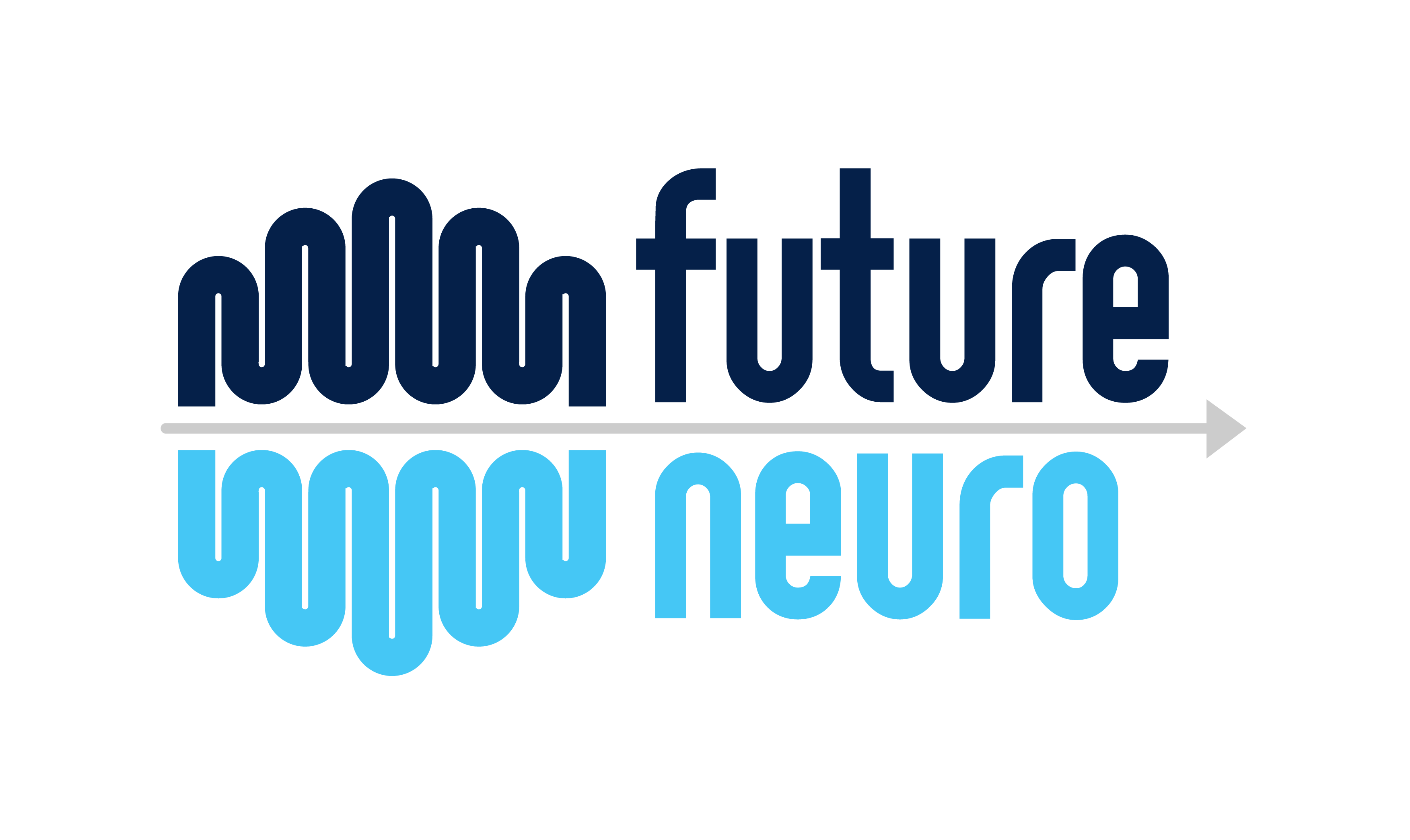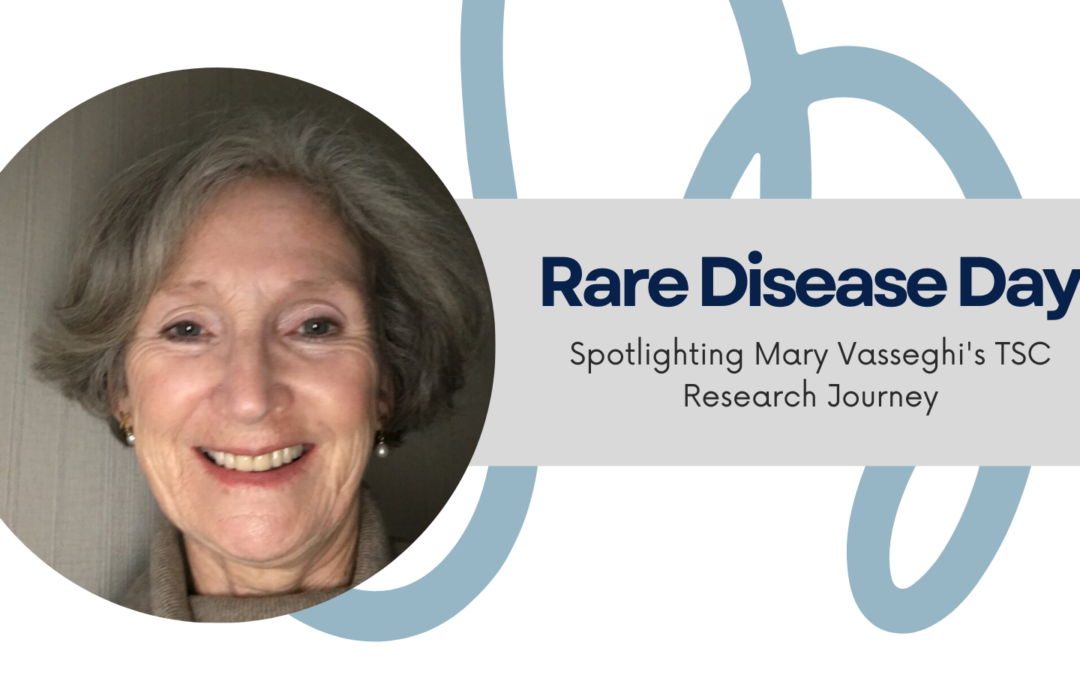Today, the last day of February, is Rare Disease Day; a global effort to illuminate the lives of the 300 million people living with rare diseases. Across Europe, a groundswell of support is gathering for an inclusive European Action Plan for Rare Diseases, underpinned by robust EU policy initiatives and objectives.
Join us as we step into the world of Mary Vasseghi, one of our exceptional PhD students, as she unveils her journey in pioneering research on tuberous sclerosis complex (TSC). Recognizing the need for comprehensive studies on TSC, Mary took matters into her own hands, becoming a driving force in shaping the landscape of TSC research in Ireland.
Your research is on tuberous sclerosis complex or TSC, what is that?
Tuberous Sclerosis Complex (TSC) is a genetic disorder which can cause non-cancerous tumours to grow in the body. In Ireland, around six hundred people are estimated to be diagnosed. While it can be inherited, more often, it occurs spontaneously, leading to a unique journey for each person. Some lead normal lives, while others require significant support. About 84% will experience epilepsy, and many may face Tuberous Sclerosis Neuropsychiatric disorders, from learning disabilities to behavioural challenges, autism, and ADHD. TSC also affects vital organs like the kidneys. Early diagnosis is crucial for appropriate treatments. Yet, TSC remains largely unknown, with both the public and healthcare professionals often lacking awareness.
Could you share your journey into TSC research? What motivated you to become actively involved in studying this rare disease.
As a parent of a daughter with TSC, my journey unveiled a world of challenges faced by patients and families. What became clear was the fragmented and suboptimal healthcare people were receiving. International guidelines advocate for tightly coordinated care by an expert team, yet this crucial support is still lacking in the Republic of Ireland.
I was very lucky that Prof Colin Doherty, Consultant Neurologist and The Head of The School of Medicine in Trinity College and Principal Investigator in Future Neuro, agreed to take me on as a PhD student. This has allowed me to conduct research and build a body of data to champion an internationally recognised standard of care for TSC patients.
What is your PhD about?
During my research, I’ve had the privilege of interviewing people across Ireland diagnosed with TSC and their families. It’s more than just interviews; it’s about understanding their everyday realities and experiences that often go unnoticed.
To add a broader perspective, I’m also working on replicating a survey conducted in various European countries. This survey delves into the Burden of Illness and Quality of Life among people living with TSC.
Shifting gears, I’ve undertaken a national audit, examining the care provided to TSC patients attending Epilepsy services. The goal is to evaluate this care against international recommendations, ensuring it aligns with the best practices.
I’ve also had important conversations with the healthcare professionals at the forefront of TSC patient care. Uncovering their needs and priorities, these conversations offer a unique glimpse into the frontlines of healthcare.
What’s been the highlight(s) of your PhD journey so far?
I’m enjoying every minute of this exciting journey. It’s challenging to pinpoint a single highlight! But if I had to choose, it would be the opportunity to bring TSC and my voice as an atypical researcher and patient advocate to various forums, including international conferences like ILAE and TSC Global Research Conferences. Equally rewarding has been my work to strengthen the TSC Ireland group, contributing to their advocacy efforts and providing support for people living with TSC and their families and carers.
How do you hope your research findings will influence the understanding and treatment of TSC?
I’m on a mission to shine a spotlight on TSC, making it visible not just to the public but also to healthcare professionals. The key ingredients for success? Early diagnosis and personalised, lifelong treatment – they’re absolutely crucial. What makes this journey so exciting is knowing that our research will play a pivotal role in shaping an internationally recognised standard of care for TSC patients. We’re building the case for a dedicated TSC centre of expertise (whatever form it takes), and this research is the powerhouse that provides the data needed to make it a reality.
Balancing advocacy and research can be demanding. How do you recharge from the demands of your PhD?
I love this PhD, it energises me. I love the research, and I love the advocacy, it all just fits together perfectly!


